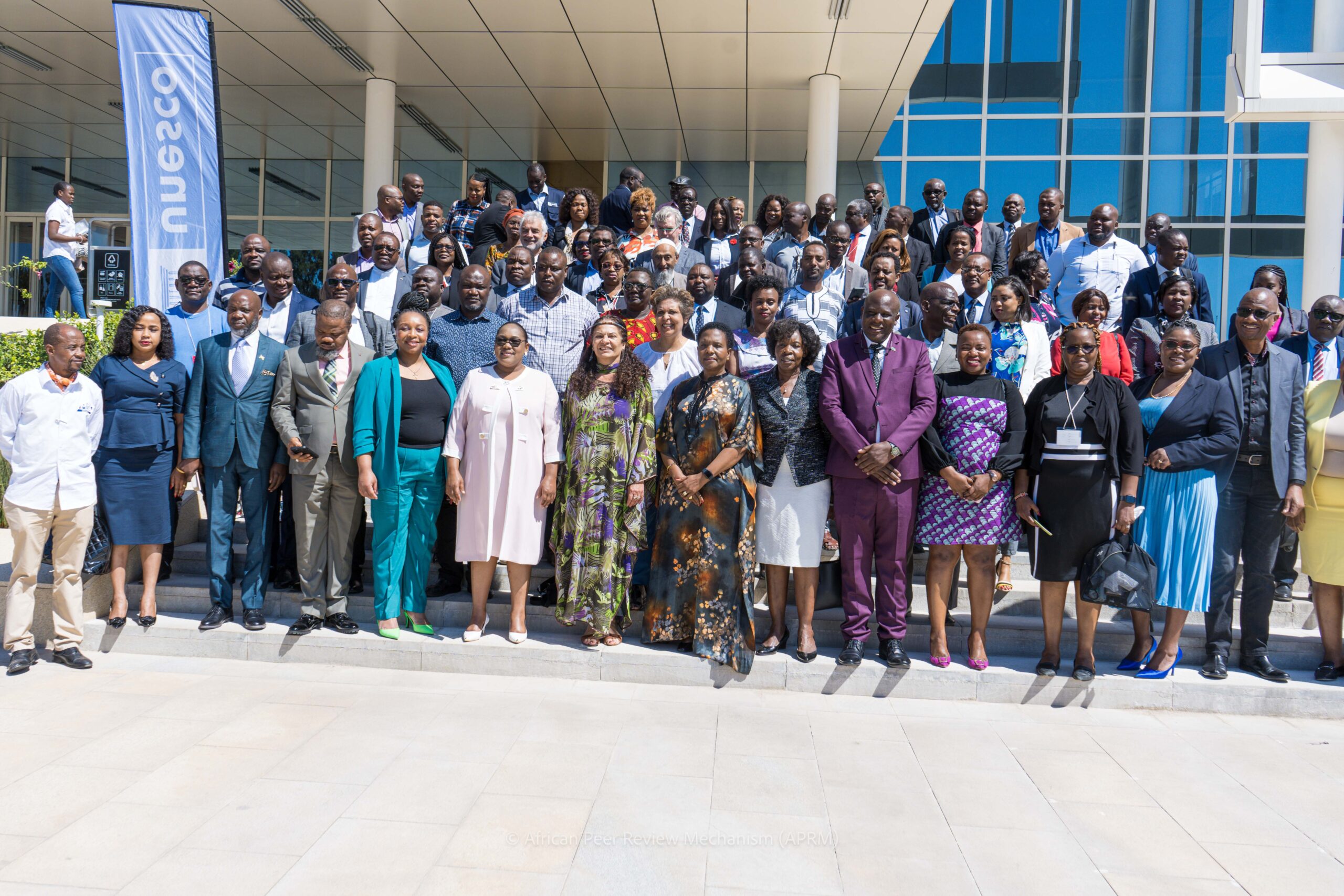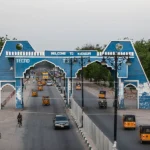Media stakeholders and international bodies, including African Union Commission, United Nations Educational, Scientific and Cultural Organisation (UNESCO) and European Union (EU) have urged African governments to promote freedom of expression and repeal legislations that stifle access to information.
The stakeholders also expressed concerns over attacks on journalists on the continent and the tense environments in which many of them operate, calling on the member states to be committed to human rights as entrenched in the national laws as well as international conventions and instruments.
These and more were discussed at the 2nd African Media Convention held from 11-13 May in Lusaka, Zambia in commemoration of the 2023 World Press Freedom Day, themed, ‘Freedom of Expression as A Driver for All other Human Rights.’
The event was attended by AU media fellows, journalists, editors’ forums, civil society organizations and government officials from across the continent.
World Press Freedom Day: Media stakeholders demand constitution amendment
World Press Freedom Day: Nigerian journalists decry worsening conditions
In her remarks, Head of Communication AU Commission, Mrs Wynne Musabayana, acknowledged that there are countries and institutions that have made some progress in promoting media freedoms in accordance with AU instruments such as the Declaration of Principles on Access to Information and Freedom of Expression in Africa, citing Zambia as an example.
“Reports were also given, of cases where media laws and practices fall short of African and international standards. There were recommendations made, to improve safety for journalists in humanitarian and health crises, such as the recent COVID19 pandemic, where the media fraternity lost many colleagues to the disease.
“The long standing plight of women journalists was highlighted as needing special attention, as studies have shown they continue to suffer harassment, threats, and lack of upward mobility in the work place,” she said.
Musabayana said to mark 60 years of the AU establishment and service to Africa, the union would launch a communication campaign with the hashtag #OurAfricaOurFuture, to track the key achievements, as well as the challenges and plans for the way forward.
“In this regard, the Union is encouraging journalists to use their platforms, voices and pens, to inform, educate and engage with citizens,” she added.
The UNESCO Regional Director for Southern Africa, Prof. Lidia Brito, maintained that freedom of expression and press freedom are preconditions for the realization of the Sustainable Development Goals, noting that without them, it would be difficult to eliminate poverty and hunger, preserve biodiversity and promote sustainable development, or build transparent institutions.
“The media and journalists play an essential role: they help verify and disseminate facts, they create spaces for ideas to be debated and for the voiceless to be heard,” he said.
Brito lamented that attacks on journalists and media workers are on the increase, with about nine out of 10 cases going unpunished.
Citing the 2021/2022 global edition of UNESCO’s World Trends Report on Freedom of Expression and Media Development, he said 37 journalists were killed in Africa between 2016 and 2020. The continent was also the third deadliest region for journalists, according to the 2022 Director-General Report on the safety of journalists and the issue of impunity.
“In response to these alarming figures, and building on years of fruitful collaboration with African media stakeholders, UNESCO helped launch in 2021 a continental online monitoring mechanism, the “Digital platform for safety of journalists in Africa.
“On this occasion, I call upon our member states to renew their commitments to support freedom expression, safety of journalists and media workers, and the right to access to information. Attainment of Press freedom, safety of journalists, access to information and media viability is important in relieving the world from all these challenges,” Brito said
According to the latest World Press Freedom Index compiled by Reporters without Borders,the environment for journalism is “very serious” in 31 countries, “difficult” in 42, “problematic” in 55, and “good” or “satisfactory” in only 52 countries.
The index observed that Africa has seen “a few significant improvements, but journalism overall has become more difficult on this continent”.
“The preservation of free, independent and pluralistic media is vital for a resilient and healthy democracy. Yet press freedom is still at stake in most parts of the world today. Journalists and other media workers increasingly face threats and attacks from the enemies of truth and freedom,” said Ambassador Jacek Jankowski, Head of the EU Delegation to Zambia and COMESA.
In their declaration at the end of the convention, the stakeholders noted with “deep concerns” that violations against press freedom continued 30 years after the United Nations General Assembly proclaimed May 3 as World Press Freedom Day and 75 years since the declaration of the Universal Declaration of Human Rights.
They also decried that impunity for crimes against journalists and media workers in Africa continued to prevail, thereby eroding the rights to freedom of expression and opinion, access to information, association and political participation.
There were also concerns “that many areas of journalistic practice have been criminalised, with the adoption of cybercrime laws prohibiting the publication of false news or news deemed to threaten national security or public health,” while “social media remains largely unregulated resulting in disseminating and amplifying misinformation, disinformation and hate speech.”
The stakeholders reaffirmed support for Aspiration three of AU Agenda 2063 which envisions “an Africa of good governance, democracy, respect for human rights, justice and the rule of law” and urged that all AU member states in Africa to commit to the progress of “public access to information and fundamental freedoms in accordance with national legislation and international agreements.”
The convention enjoined AU and its bodies to partner with the African media stakeholders in carrying out the annual assessment of the status of press freedom, access to information and safety of journalists in AU member states and requested that the recommendation be sent to the AU Specialised Technical Committee on Communication and ICT (STC-CICT).
“We also call upon UNESCO to lead efforts to create an African media fund to finance and support media viability given the financial challenges facing most media organisations on the continent. This is necessary to protect the media from political and economic pressures and thus consolidate freedom of the media in Africa,” the declaration added.

 Join Daily Trust WhatsApp Community For Quick Access To News and Happenings Around You.
Join Daily Trust WhatsApp Community For Quick Access To News and Happenings Around You.


